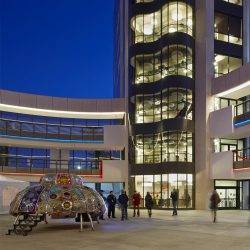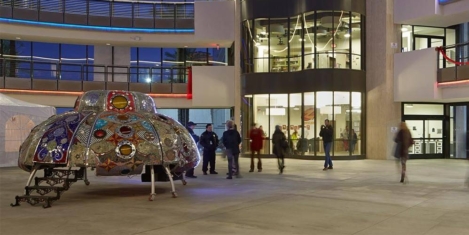February 22, 2019
When assessing workplace strategy: we should always test rather than guess
 Would an investor plow millions of dollars into a stock and never bother to track how the investment does? Of course not. Nor would they confuse the expected return on investment (ROI) with the actual results. We don’t guess about financial investments. We don’t base investment decisions on what some stranger does or how they say they’ve done. So why then, do many of the largest companies in the world invest millions of dollars in buildings or renovating their workplaces and never even bother to measure results. Why are they so willing to copy the unproven workplace strategy of others? Why are they satisfied with projected results, rather than measuring how their investments actually perform? (more…)
Would an investor plow millions of dollars into a stock and never bother to track how the investment does? Of course not. Nor would they confuse the expected return on investment (ROI) with the actual results. We don’t guess about financial investments. We don’t base investment decisions on what some stranger does or how they say they’ve done. So why then, do many of the largest companies in the world invest millions of dollars in buildings or renovating their workplaces and never even bother to measure results. Why are they so willing to copy the unproven workplace strategy of others? Why are they satisfied with projected results, rather than measuring how their investments actually perform? (more…)














 With the rise of both cloud-based technology and the worldwide gig economy, the last ten years of the 21st century have seen some near-revolutionary changes in workplace practice. Entrepreneurs everywhere have been more than happy to make use of these developments, taking advantage of the new business models these changes have brought. For example, IDG found that
With the rise of both cloud-based technology and the worldwide gig economy, the last ten years of the 21st century have seen some near-revolutionary changes in workplace practice. Entrepreneurs everywhere have been more than happy to make use of these developments, taking advantage of the new business models these changes have brought. For example, IDG found that 

















February 21, 2019
How do we reach consensus about what constitutes good design? 0
by Paul Goodchild • Comment, Furniture, Technology, Workplace design
(more…)